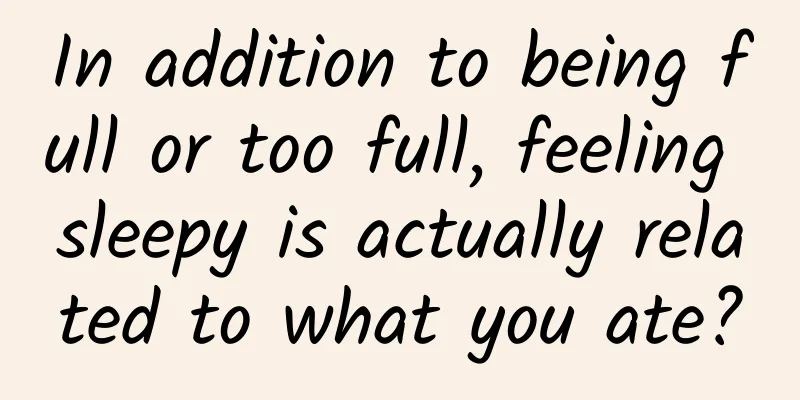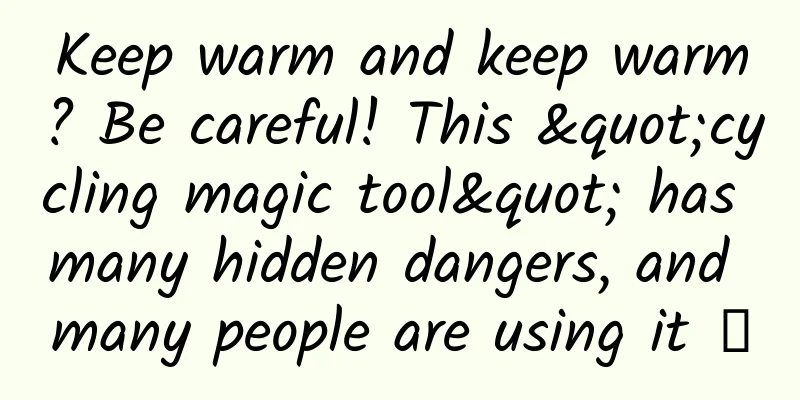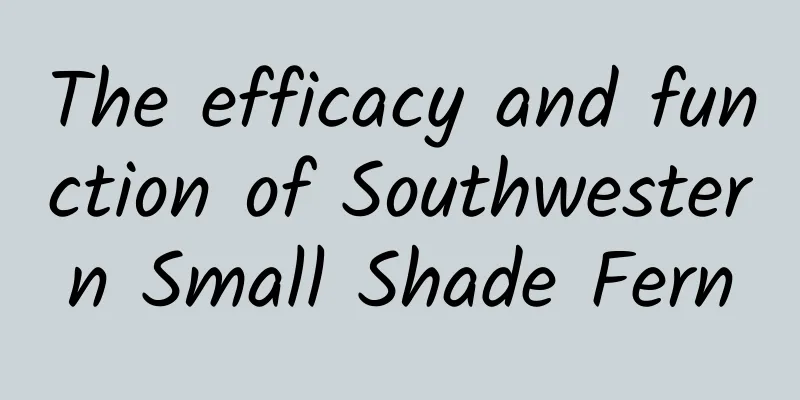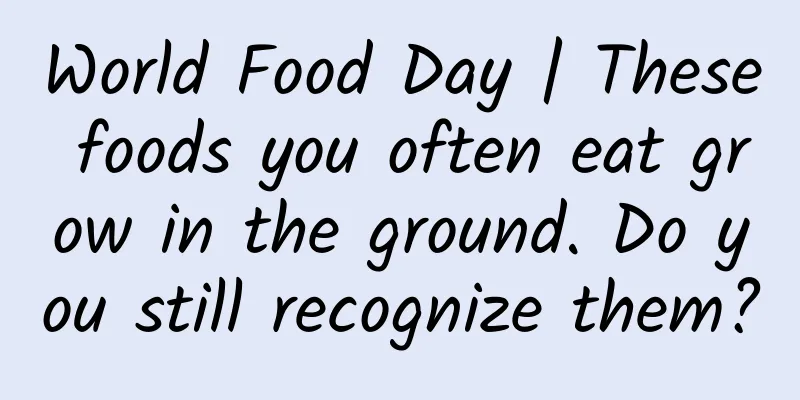In addition to being full or too full, feeling sleepy is actually related to what you ate?

|
Do you have the habit of taking a nap? As the saying goes, "If you don't take a nap at noon, you will feel sleepy in the afternoon." After having a good lunch, it is the habit of many people to lie down and take a nap comfortably. But why do you feel sleepy after eating? In fact, this phenomenon is not limited to humans. Mice, snakes, some insects, and even lower organisms such as Caenorhabditis elegans will feel a little sleepy or less active after a full meal. This phenomenon is very common, but the reasons behind it can be very complicated. A 1983 study found that a variety of factors, including hunger levels, food intake, and food composition, all affect how sleepy you feel after a meal. Some subsequent studies further confirmed this conclusion. In a paper published in 2012, researchers found that people who ate a full meal were more likely to veer off course during a simulated driving experiment than those who ate only half full, which meant they were more likely to have an accident. EEG monitoring showed that these people also felt more sleepy while driving. In addition to how much you eat, scientists have also found that what you eat can also affect your sleepiness. According to a paper published in 2018, people will feel sleepy after eating a high-calorie, high-carb meal, regardless of whether they are fat or thin. According to a study published in 2002, when eating only one meal a day, the level of melatonin in the body after eating high-carb food in the morning will be higher than the level of melatonin after eating the same type of food in dinner. This means that the time of eating may affect a person's circadian rhythm. But this is only at the speculation stage, and there is currently no clear experimental evidence that high-carb foods will make people sleepy after meals. The picture comes from Tuchong.com Since the problem of sleepiness after meals involves too many factors - digestion, nerves, endocrine... various factors are mixed together, so we still can't figure out what makes us "not sleep at noon and collapse in the afternoon". But this does not prevent us from solving this problem. For example, a 2015 study found that exposure to blue light after lunch can significantly reduce the level of alpha waves in the brain and improve cognitive ability. Alpha waves are a sign of brain sleepiness, and reduced activity means that people will be more awake. This means that for urban white-collar workers who sit in front of computers every day, after lunch, they may become more awake by staring at the computer screen or swiping their phones intensively, despite being sleepy. In addition, eating a light lunch, such as vegetables, whole wheat bread, etc., or having a cup of coffee, etc., can make you less sleepy. Of course, if you really can't help it, then take a nap, after all, the old saying of our ancestors is right. This article is a work supported by Science Popularization China Starry Sky Project Author: The Nutcracker Review: Tao Ning Produced by: China Association for Science and Technology Department of Science Popularization Producer: China Science and Technology Press Co., Ltd., Beijing Zhongke Xinghe Culture Media Co., Ltd. |
>>: Understand the latest developments in AI in one article! A guide for workers →
Recommend
Is it true that food nowadays is not as delicious as before?
In the past, when food resources were scarce, it ...
Snow leopards, big cats active in the snowy mountains
In nature, there is a big cat with a long tail th...
When to take fish oil
The so-called fish oil is what we often call deep...
Go-Globe: How much activity happens on the Internet every minute [Data Infographic]
Have you ever wondered how much activity happens ...
Don’t be fooled again! Have you fallen into the trap of eyewash?
In recent years, with the exaggerated promotion o...
Econsultancy: COVID19’s impact on marketing strategies
Econsultancy has released a new report "The ...
The efficacy and function of Pueraria lobata
Pueraria lobata is a traditional Chinese medicina...
Effects and functions of fennel
Many people choose fennel because of its high-val...
The efficacy and function of bear bile
Bear bile is a very common traditional Chinese me...
The efficacy and function of butterfly root
As people's living standards continue to impr...
The efficacy and function of the hair axis fern
I believe many people are familiar with the Chine...
Who will win the theory of everything competition?
The existing grand unified theory unifies the thr...
Watermelon Frost Lozenges
Watermelon Frost Throat Lozenges are a traditiona...
The efficacy and function of raw silkworm
Raw silkworm seeds are very familiar to everyone....
Collection | How to draw a home fire escape route map? Be prepared!
Source: National Emergency Broadcasting...









